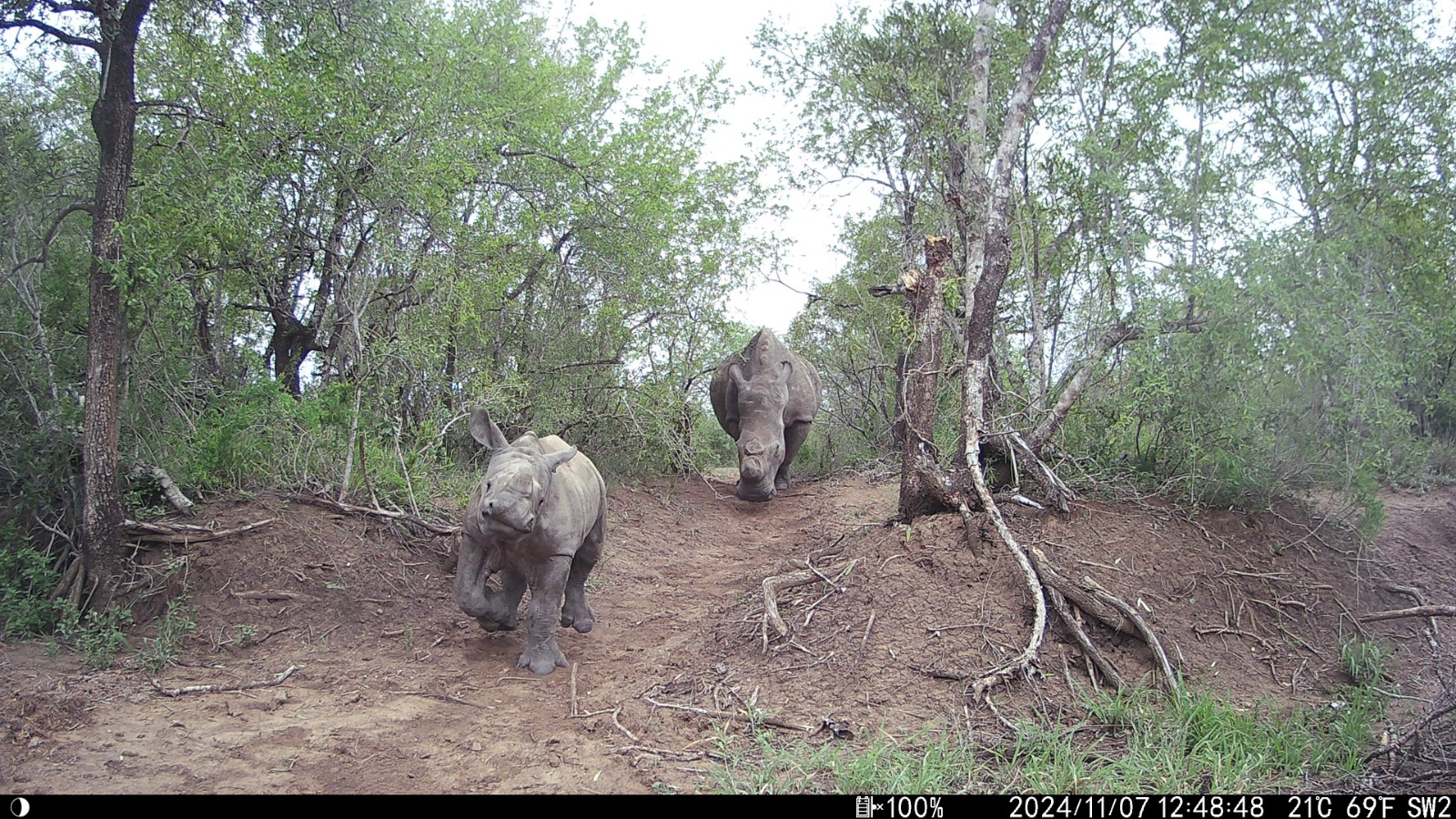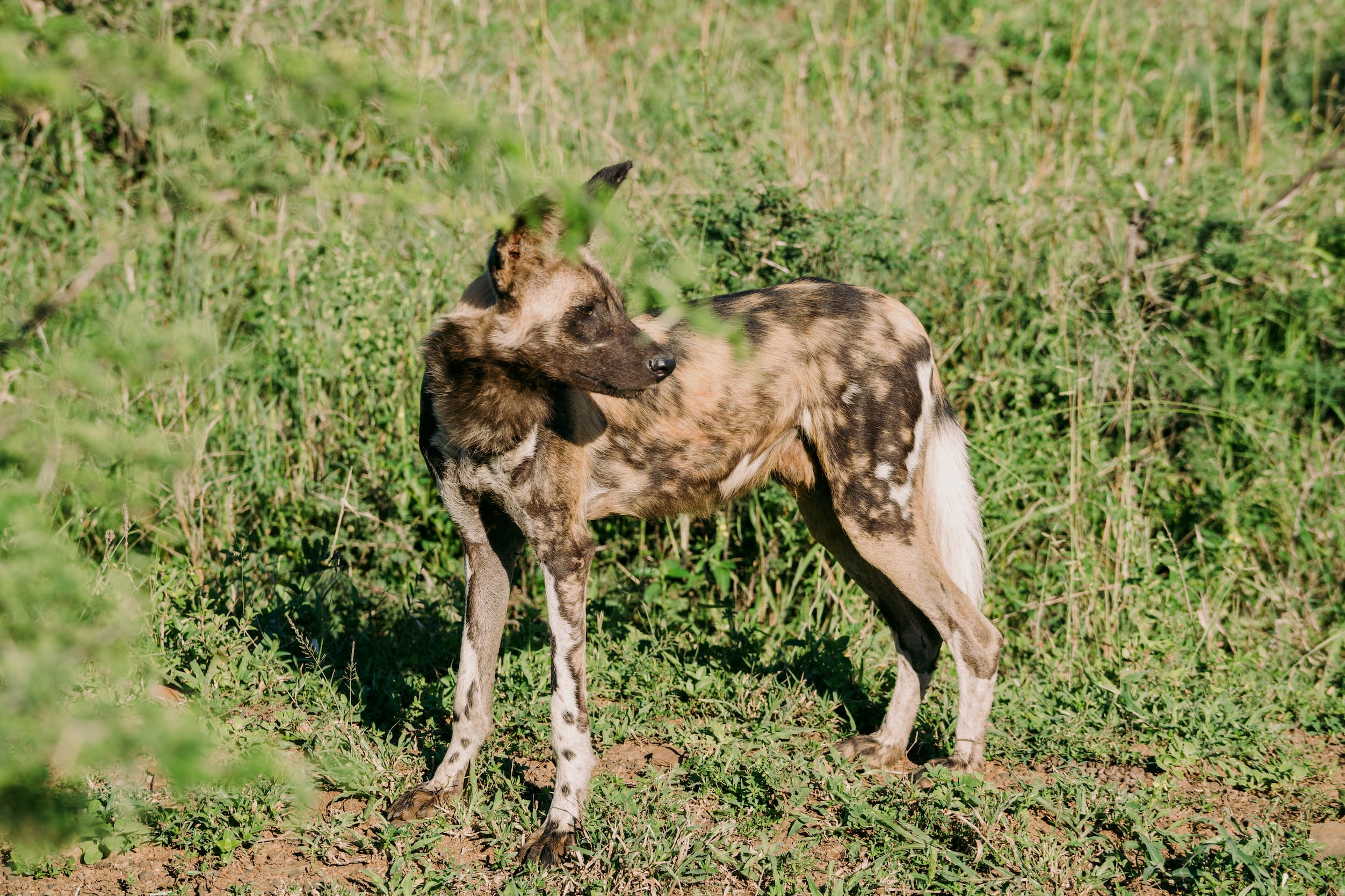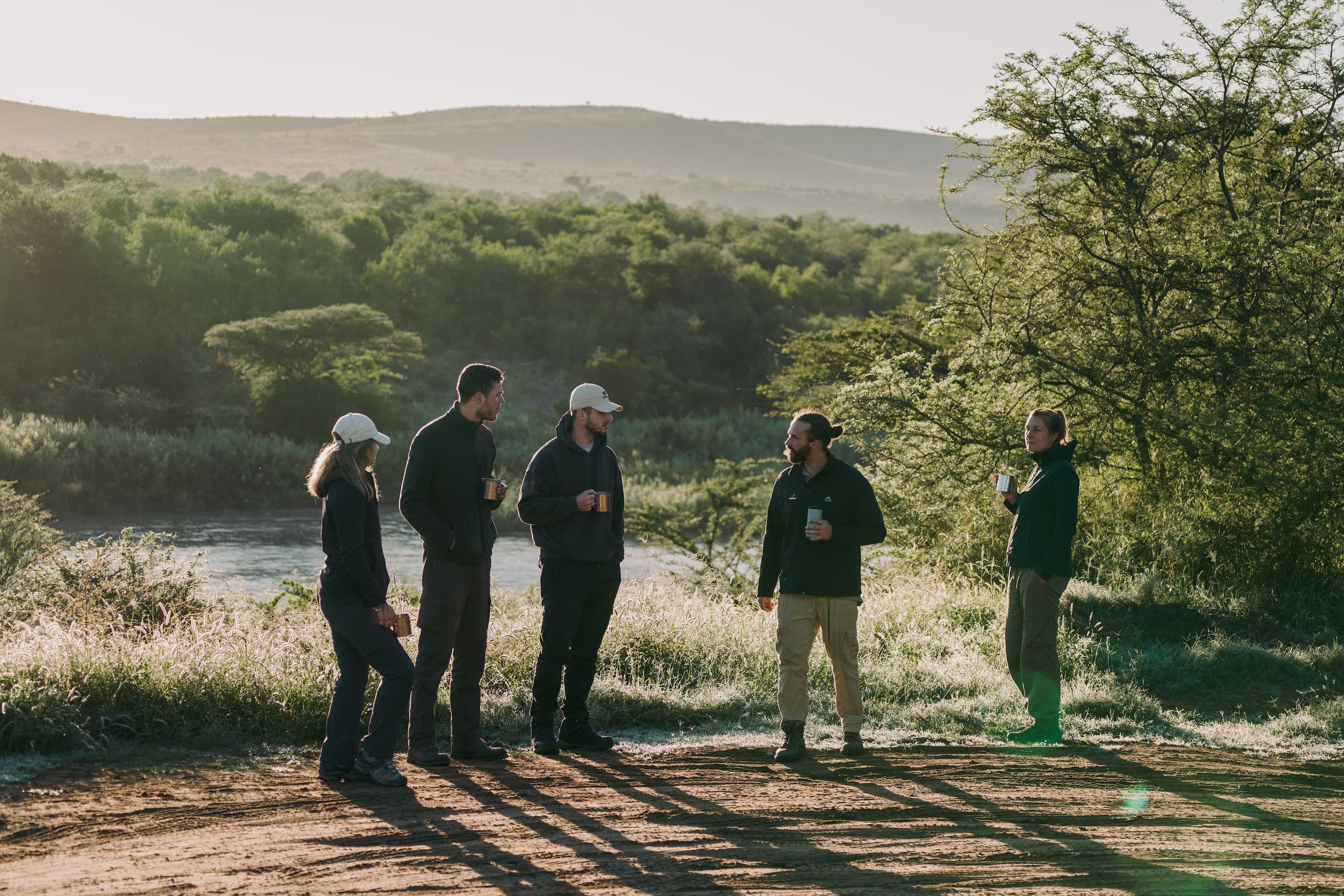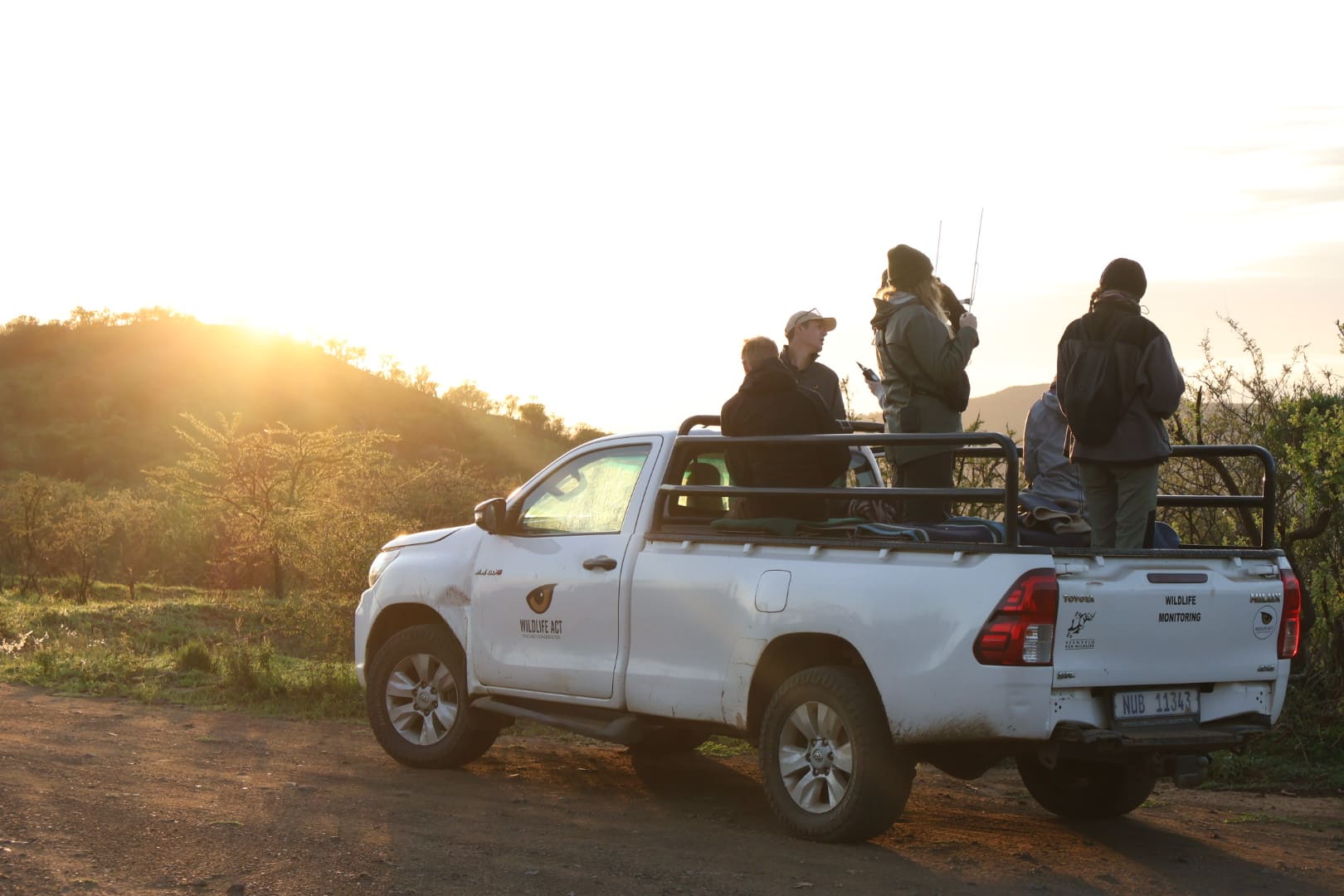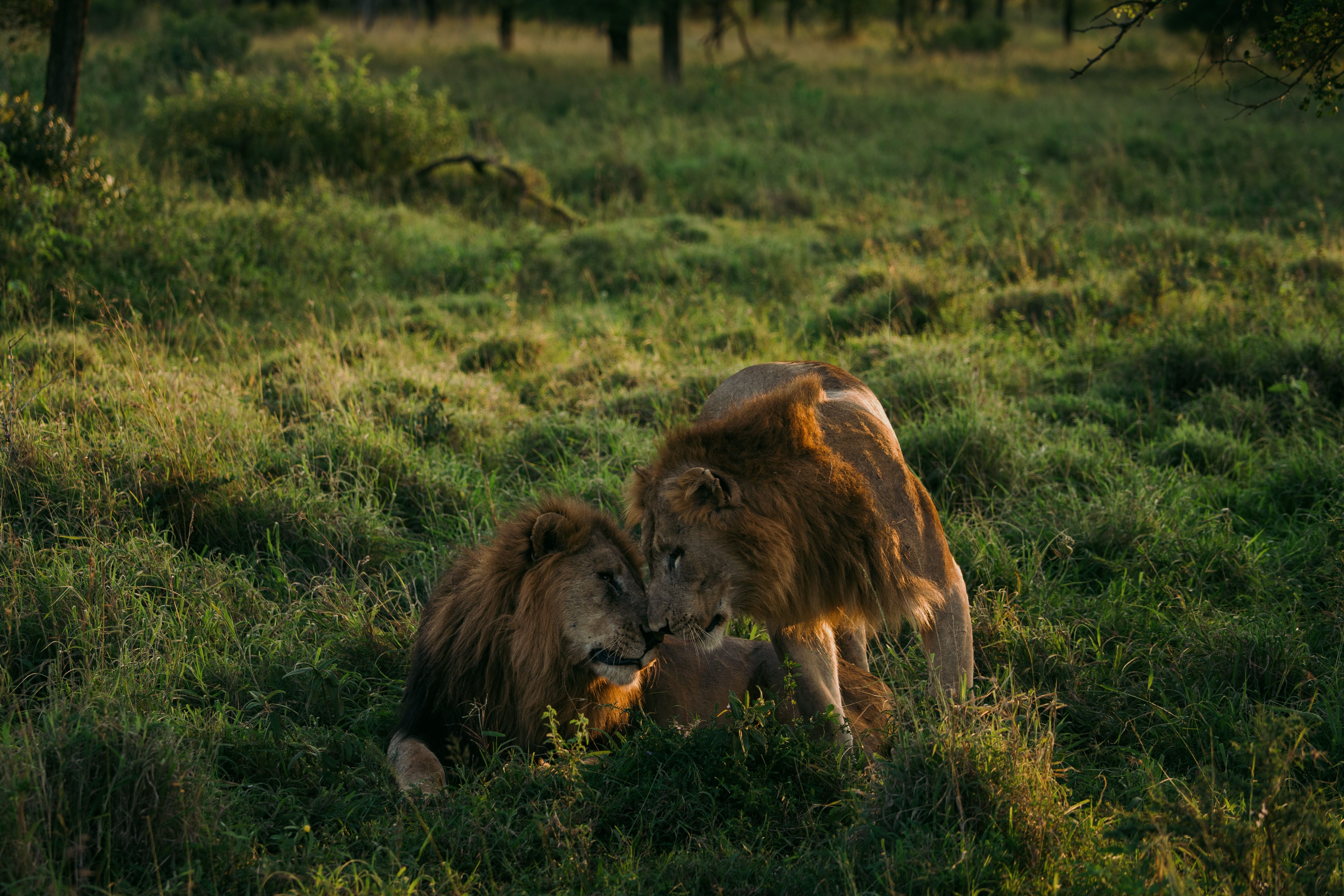Voluntourism is fast becoming a popular phrase for those looking to dedicate both their time and funds towards something meaningful. This has however erupted with a growing number of companies and organisations claiming to offer genuine ecotourism experiences that are doing more harm than good – especially within the wildlife conservation sector.
Our infographic below provides a good visual guide explaining the good, the bad, and the ugly with regards to voluntourism and wildlife conservation. We would like to offer a thorough breakdown of what this encompasses.
Model of Responsible Voluntourism

Small Focused Groups
Keeping groups small and focused is an essential component of sustainable wildlife voluntourism that provides genuine benefit to the work that needs doing. Small groups allow direct involvement with important conservation tasks and allow volunteers to work side-by-side with experienced wildlife monitors. There is no point in leaving volunteers with nothing to contribute.
WildlifeACT’s model of responsible tourism allows no more than five volunteers perreserve at any given time. This is unlike other voluntourism projects that areessentially glorified safaris, whereby up to 10 people get on one vehicle andas many as 30 volunteers on one private reserve.
Local Employment
Manywildlife conservation volunteer programmes with large groups detract from localemployment. South Africa has an extremely high rate of unemployment. Withinprotected wildlife reserves, unemployment within local communities is the majorcause of wildlife poaching.
Conservationefforts often neglect to take the social impact of local communities intoaccount. It is our belief that conservation is only sustainable if the localcommunity benefits from conservation and the natural heritage that surroundsthem. Wildlife ACT works to provide jobs within the conservation sector, bytraining aspirant local community members to enter the conservation field.
Our company policy is to only employ African Nationals, especially in the role of our wildlife monitors who interact with ecotourists, thereby providing local job creation. Furthermore, none of our volunteer work detracts from local employment in the wildlife or reserve sector.
See our Community Conservation Programme
Sanctuaries and Captive Breeding
Wildlife ACThas been campaigning alongside Blood Lions since they first released theirhard-hitting documentary about the canned lion hunting industry in SouthAfrica. Breeding wild cats in ‘sanctuaries’ is NOT conservation, and in manycases, fuels trophy hunting and the trade in animal parts. Wildlife ACTbelieves that wildlife conservation is about conserving wild animals in theirnatural habitats, and is strictly against interactions with wild animals unlessabsolutely necessary.
Read: What You Need to Know About Volunteering with Lions
Responsible Tourism
Thorough research is essential when choosing to volunteer with wildlife. Have they been vetted? What conservation authorities are they partnered with? What are past ecotourists saying about them and what is their reputation online look like?
Wildlife ACTis the only Fair Trade Tourism certified wildlife volunteer programme in Africathat works with and are supported by high-profile and internationalconservation organizations such as WWF, the Endangered Wildlife Trust, Pantheraand Wildlands Conservation Trust (to name just a few).
We are also extremely honoured to have been awarded with both a World Responsible Tourism award and an African Responsible Tourism award in the category “Best for Habitat & Species Conservation” – an event that promotes and supports responsible travel.

Support award-winning conservation work being done in Africa to save endangered and threatened wildlife. Make a contribution by getting directly involved in some of the most important and exciting work being done on the ground by the professionals. Join us for an unforgettable experience and see how true conservation work is carried out. Ages 18 to 65+
RELATED POST: Wildlife ACT’s Conservation Volunteering Funding Model


